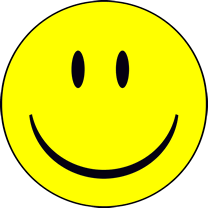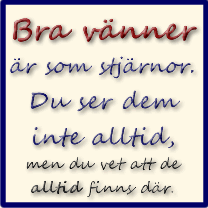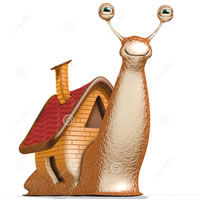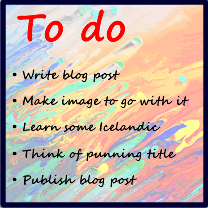
One of the Swedish lessons I did today was about words for emotions and related words. So I thought I’d find out more about some of them.
There are several words for happy in Swedish:
– glad [ɡlɑːd] = delighted, glad, happy, pleased, jolly, lively, bright, bubbly, cheerful, elated, merry, pleasant, sprightly, vivid, gleeful, joyful, joyous, jubilant.
It comes from the Old Swedish glaþer (glad, cheerful), from Old Norse glaðr (glad), from Proto-Germanic *gladaz (shiny, gleaming, radiant, happy, glossy, smooth, flat), from Proto-Indo-European *gʰladʰ-, derivation of *gʰel- (to shine). The English word glad comes from the same root, though via Old English.
– nöjd [nøjd] = content, happy, pleased, satisfied, contented, sated.
– lycklig [lʏkːlɪɡ] = happy, fortunate, lucky, blessed, bright, upbeat, blissful.
This word comes from lycka (joy, happiness, luck, fortune, fate), which is related to the English word luck. These words are thought to come from the Middle High German lücke, gelücke, possibly from the Frankish *galukki [source].
– belåten = content, contented, happy, satisfied
Some words for fun include:
– kul [kʉːl] = fun, nice, enjoyable, amusing
– roligt = fun
– rolig = fun, amusing, diverting, droll, witty, hilarious
One ‘useful’ phrase that came up today was tjejer vill bara ha kul or girls just want to have fun.
In Norwegian rolig means calm, quiet, peaceful or leisurely, and in Danish it means calm or quiet [source]. It comes from the Old Swedish roliker (calm, quiet), from Old Norse róligr.
Other emotional words include:
– le [leː] = to smile (related to the English word laugh)
– småle = to smile
– skratta = to laugh
– entusiastisk = enthusiastic, cheerful
– hoppingivande = hopeful
– ledsen = sad
– olycklig = unhappy
– arg = angry
– rädd = afraid
– orolig = worried
Sources: bab.la, Wiktionary




